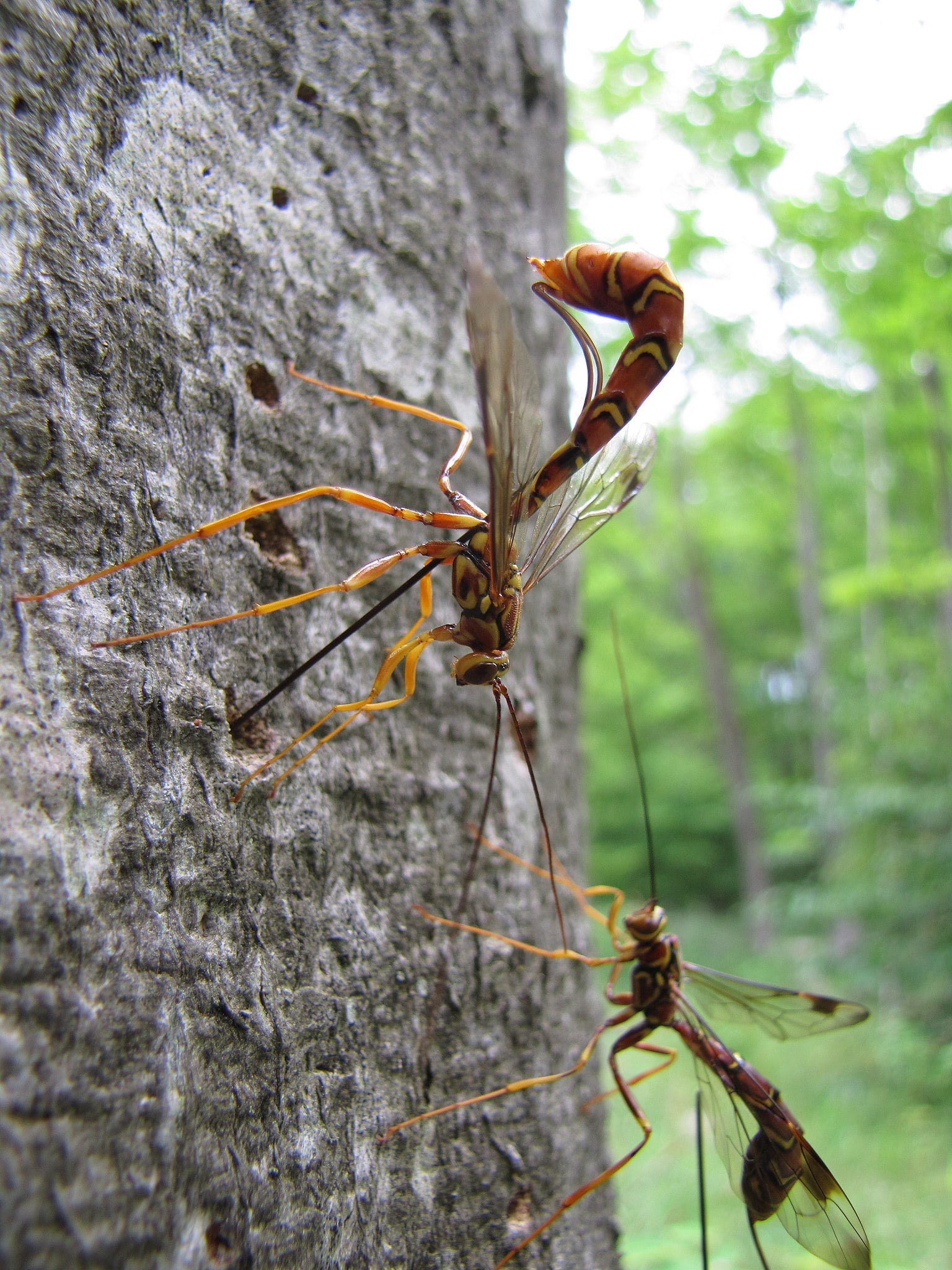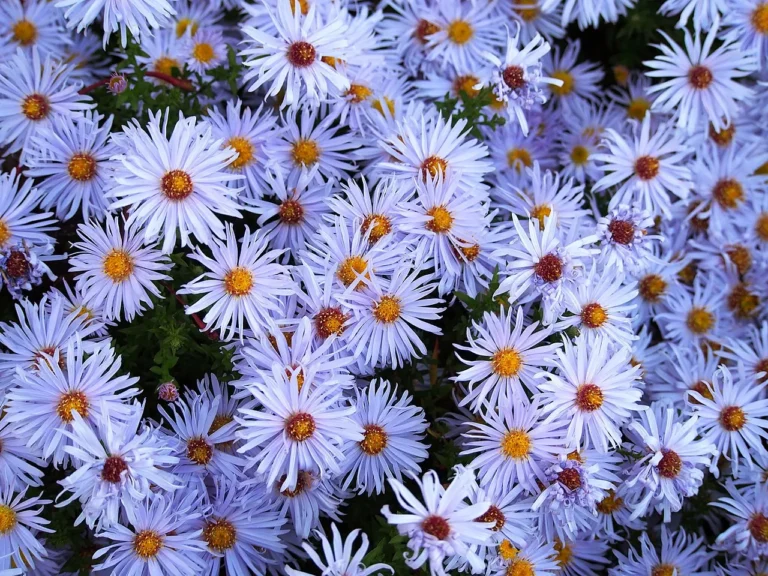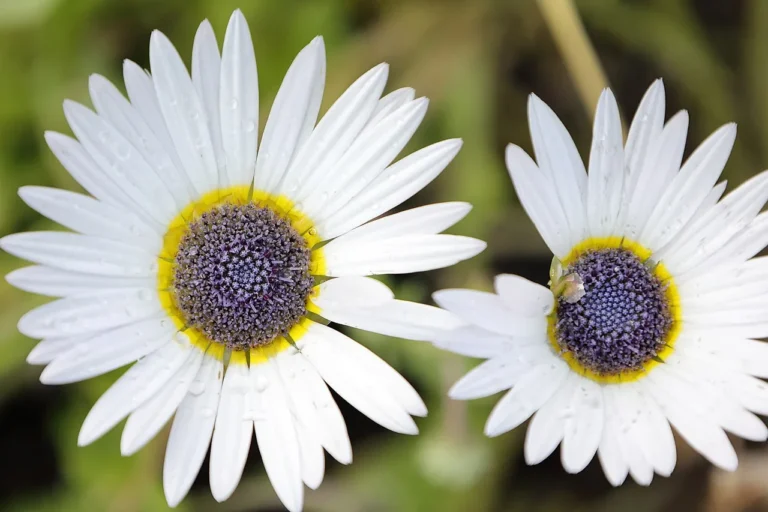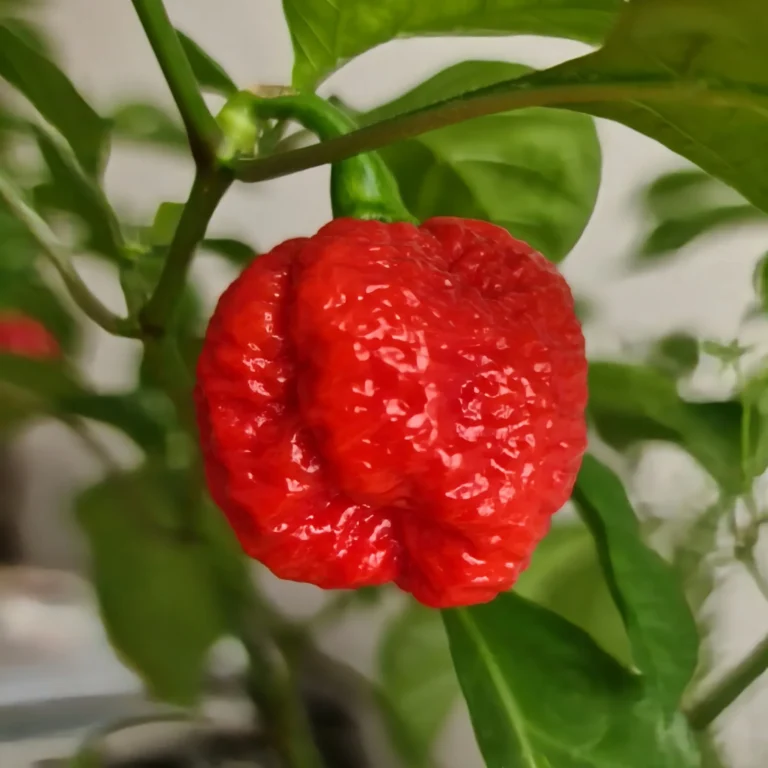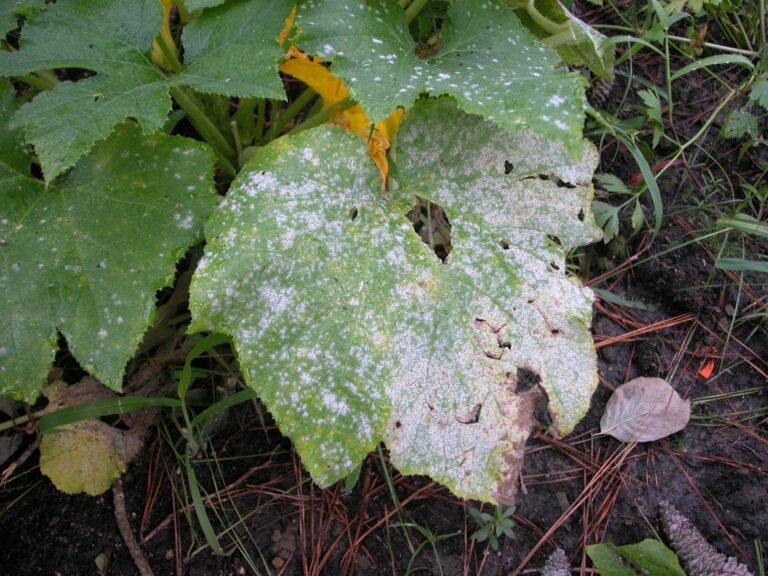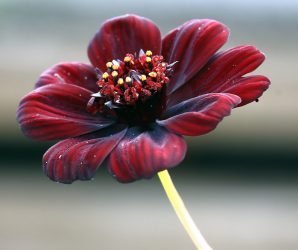Parasitic Wasps: Nature’s Pest Control Agents
Parasitic wasps, often overlooked and misunderstood, are essential allies in the garden. These wasps are known for their unique lifecycle, where they lay their eggs in or on host insects, eventually controlling or eliminating pest populations. This guide delves into the intriguing world of parasitic wasps, highlighting their importance and how to encourage their presence in your garden.
Understanding Parasitic Wasps
Parasitic wasps are a diverse group of insects with a unique way of reproduction:
- Not All Are Parasitic: Despite the name, many wasps in this group are parasitoids, meaning they eventually kill their host.
- Diverse Family: There are thousands of species, ranging in size and appearance.
- Target Hosts: Different species target specific pests, such as aphids, caterpillars, or beetles.
The Lifecycle of Parasitic Wasps
The lifecycle of parasitic wasps is both fascinating and complex:
- Egg Laying: Female wasps lay eggs in or on a host insect using a specialized organ called an ovipositor.
- Larval Development: The wasp larvae feed on the host, consuming it from the inside.
- Pupation: The larvae pupate, often within the host, before emerging as adult wasps.
- Adult Stage: Adult wasps feed on nectar and continue the cycle by seeking new hosts.
Benefits in the Garden
Parasitic wasps offer several advantages to gardeners:
- Natural Pest Control: By targeting specific pests, they help maintain a balanced ecosystem.
- Reduced Need for Chemicals: Their presence can reduce the need for chemical pest control.
- Pollination: Some parasitic wasps also contribute to pollination as they feed on flower nectar.
Common Types of Parasitic Wasps
Several types of parasitic wasps may be found in gardens:
- Braconid Wasps: Known for attacking caterpillars, aphids, and other pests.
- Ichneumon Wasps: These wasps are often larger and target caterpillars and beetle larvae.
- Chalcid Wasps: Tiny but effective, they parasitize various insects, including aphids and flies.
How to Attract Parasitic Wasps
Encouraging parasitic wasps in your garden can enhance natural pest control:
- Plant Nectar-Rich Flowers: Plants like dill, fennel, and yarrow provide food for adult wasps.
- Avoid Broad-Spectrum Pesticides: These can harm beneficial insects, including parasitic wasps.
- Provide Shelter: Natural garden features like shrubs and trees offer nesting and hiding spots.
- Embrace Some Pests: A moderate presence of host insects will attract parasitic wasps.
Understanding and Appreciating Parasitic Wasps
Shifting perceptions and understanding these wasps can lead to appreciation:
- Not a Threat to Humans: Most parasitic wasps are harmless to humans and rarely sting.
- Recognize Their Value: Learning about their role in pest control can foster appreciation.
- Observe Respectfully: If you spot them in action, observe from a distance to avoid disturbing them.
Conclusion
Parasitic wasps are unsung heroes in the garden, providing effective and natural pest control. Their unique lifecycle and targeted approach make them an essential part of a healthy garden ecosystem. By understanding their role and creating a supportive environment, gardeners can enjoy the benefits of these remarkable insects. Whether you’re aiming to reduce chemical use or simply enhance the natural balance in your garden, parasitic wasps offer a fascinating and valuable solution.

